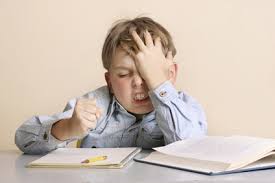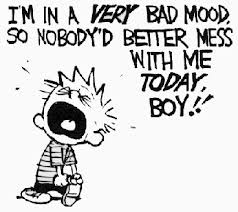Part 6 of my Parenting Q&A series brings a question about kids and mistakes. While it’s natural for parents to be on the look-out for our children’s missteps, how we respond can have a huge impact on a child’s developing autonomy and her view of a problem vs. a challenge.
When my daughter tries something and things don’t turn out the way she envisioned, she gets upset and gives up. We hear a lot these days about the importance of kids developing persistence and GRIT. What can I do to help her learn from mistakes and try again?
We’re all human and we all make mistakes. At least that’s what we say. But in some families children have learned it’s not safe to make mistakes because parents tease or shame. If a child repeatedly makes the same mistake parents may get frustrated and say, “You know better than that!” But if children actually knew better they would do better. Right? The fact that a child makes a mistake should not be cause for a parent to jump down the kid’s throat. That kind of reaction will only teach children that mistakes should be avoided!
Here’s the truth about mistakes: They are amazing opportunities to learn. Think about the word mistake … it’s a moment when learning has not yet taken hold. When the learning takes, then we don’t make that mistake again.
Parents might gain insight into their attitudes about mistake by looking back to their own childhood and how their parents responded to mistakes. Maybe you got yelled at or punished. Hopefully, you did not get hit, slapped or spanked, but maybe you did. If you experienced that kind of parental response, then you learned that mistakes must be avoided at all costs. But wait a minute! What kind of lesson is that? The first time we try anything we are going to fail. It would be a lucky fluke if we got it right, first time out of the gate.
How about we turn this “Avoid mistakes” mantra on its head? What if we give kids the realistic expectation that they will fail and they’ll learn something useful from every failure? What if we give them permission to fail and try again? When parents encourage their children’s to make mistakes, we teach them about persistence, GRIT and determination. They will learn to pick themselves up and evaluate what just happened. They will learn to modify their response so that their next attempt may result in a different outcome. That’s how you raise successful children who are fearless in facing obstacles.















